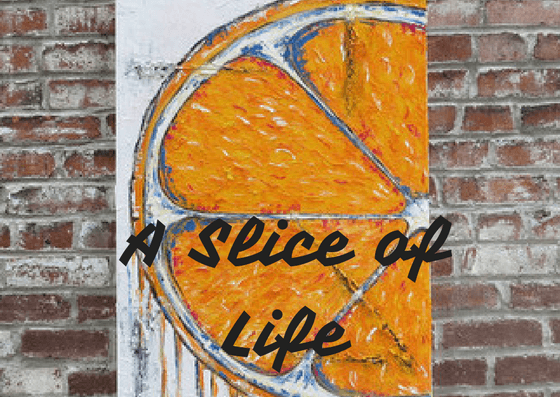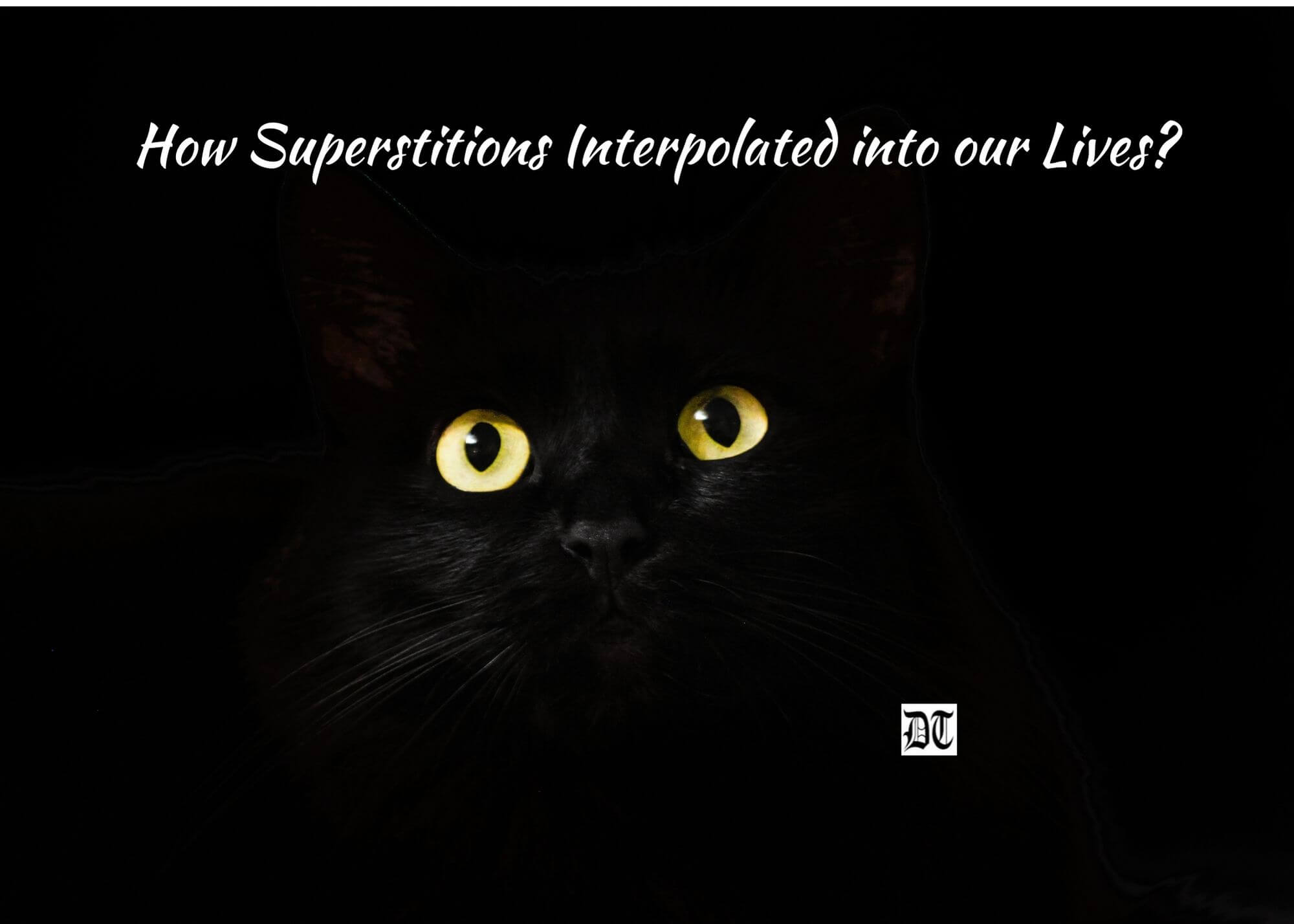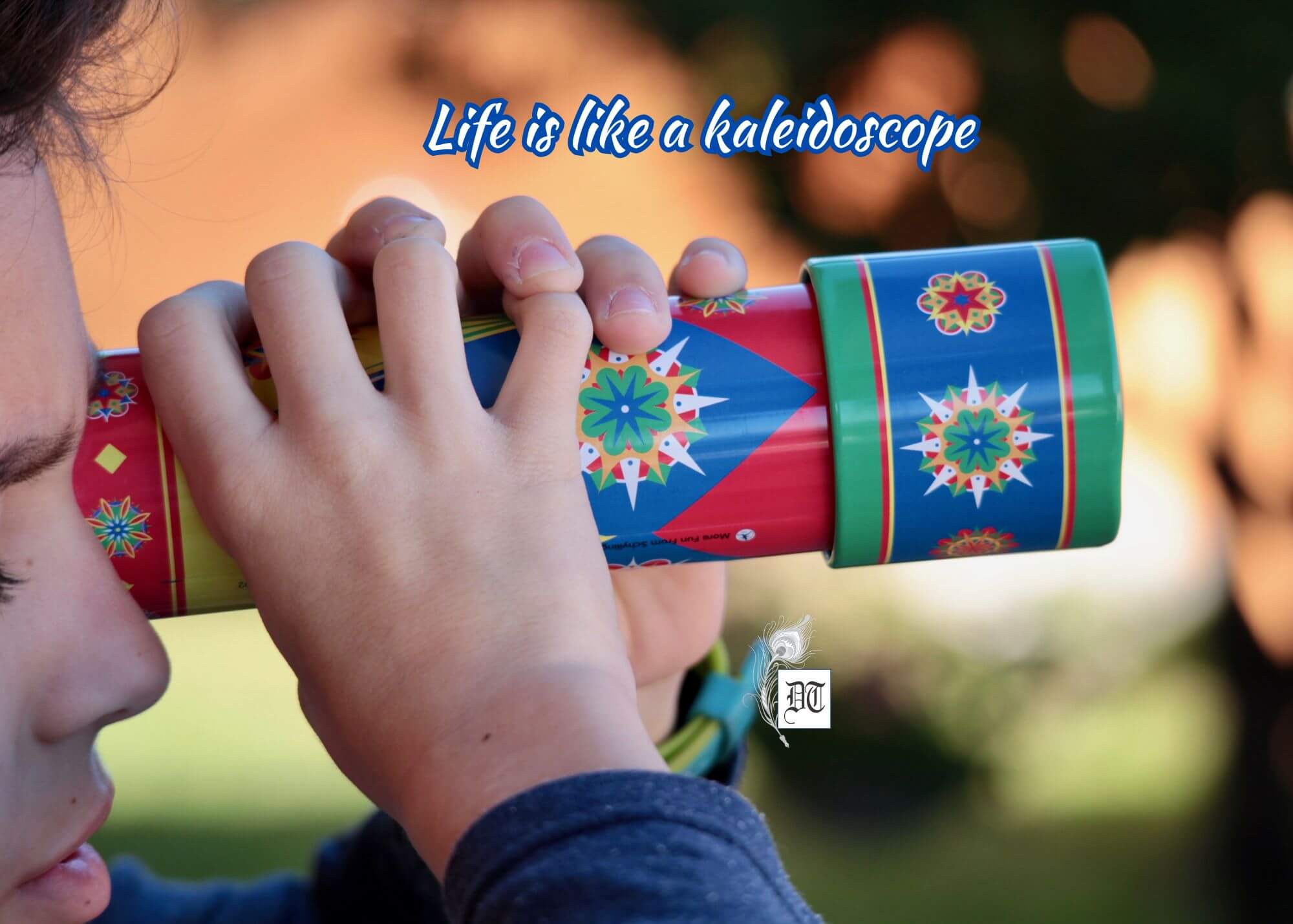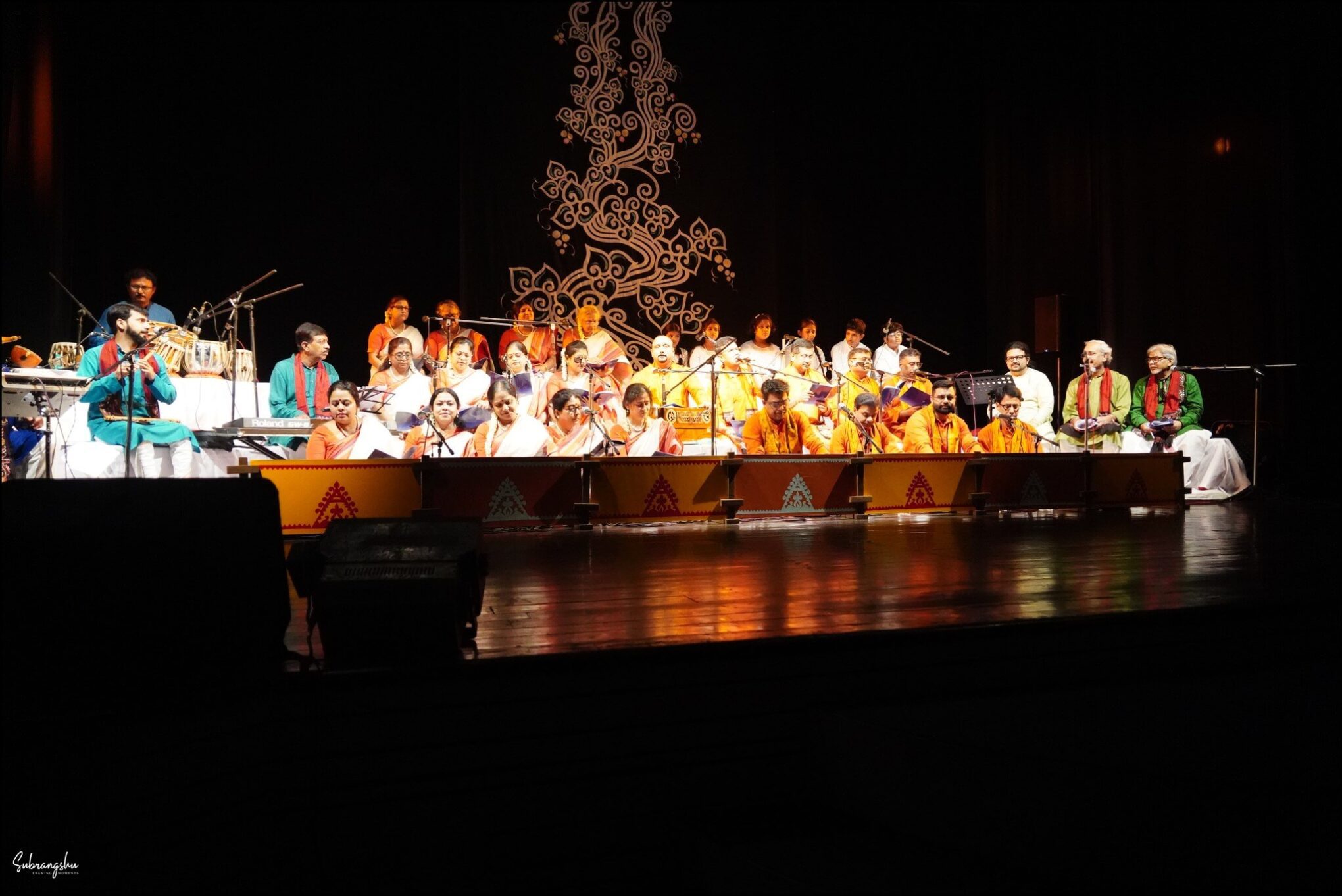Ruchira talks of some commonplace superstitions that have interpolated into our daily lives. What’s the way out? An exclusive for Different Truths.

Come to think of it, and I feel it is the fear of the unknown, apprehension about the future and an innate desire to ward off the evil that is the genesis of superstations in our Indian society. I will wager you anything; there hardly exists any other community overloaded with superstitions as ours happens to be.
Let us look at some of the most famous ones. Our learned predecessors probably knew about the process of photosynthesis and the effects of inhaling carbon dioxide at night. Hence the masses (mainly unschooled) were discouraged from venturing near trees, shrubs and bushes at night. Scary tales of ghosts, ghouls and spirits were woven so folks would stay away from the flora at nighttime.
The five agonising days of menstruation which bring in its cramps and pain for most women, were soothed by ethnic medicines. Probably women did not work during those days because of discomfort, and slowly this became transmogrified into a ritual.
… the seniors devised a set of washing rituals to be followed immediately after the funeral rites to minimise the chances of all types of infections from the dead body.
In ancient or medieval ages, we had no vaccination against hepatitis, smallpox and other lethal diseases. Hence the seniors devised a set of washing rituals to be followed immediately after the funeral rites to minimise the chances of all types of infections from the dead body. Slowly, stories about the departed’s soul got linked to this practice.
The practice of not washing the hair on certain days may be ascribed to water scarcity and, therefore, its management, though I can’t figure out why to impose a ban in the first place rather than limit the consumption of water. People in ancient ages preferred to clean their house during the day in abundant sunlight to avoid sweeping away something important.
Our ancestors probably used cow dung instead of a floor cleaner or disinfectant to drive away insects and pests…
Cow dung plaster is held in high esteem just like any other body derivatives of a cow. Our ancestors probably used cow dung in place of a floor cleaner or disinfectant to drive away insects and pests, which are repelled by the pungent smell of cow dung. But the blessed people were oblivious that the entire house would reek of cow dung all day. That’s not a pleasurable experience by any means. Or is it?
It is commonly believed that if kitchen utensil/s fall from your hands and tumble onto the floor, guests are on the way. I find it a fat load of rubbish. Or if you hear crows crowing loudly and ceaselessly, some news (good or bad) or guests are on the way. I pooh this belief since it never happened to me. An itching palm indicates an inflow of money. Bunkum, since there is no logic behind this. Equally befuddling is the taboo on haircuts and shaves on Tuesdays and Saturdays. Amazing since the northerners adhere to this carefully.

Interestingly ironmongers and hardware merchants don’t conduct sales or purchase iron and ancillary products on these weekdays. I often observed many of my great aunts and other elderly relatives avoiding pending payments on Thursdays. Traditionally, Bengalis set aside this weekday to venerate Lakshmi, the goddess of wealth. It is her day; the deity would naturally be crossed if cash is handed out in the act of defiance and disrespect to her.
There are a whole lot of superstitions associated with dining.
There are a whole lot of superstitions associated with dining. While chewing your food, if you bite your lip, tongue or cheek, it is because someone among your near and dear ones remembers you. Ditto when you choke over food. What a crazy idea! Why can’t those folks think of me except at mealtimes? So much love! Like it or not, most of us believe (or tend to think) that sneezing just when someone steps out of the dwelling forebodes evil. Modern youths spew unprintable words when confronting such ridiculous ideas.
Another common malaise in most households is keeping footwear in disarray. Mothers and homemakers have this curious notion that doing so ushers in chaos, disharmony and feuds within the family. I recall how my mother-in-law (a primary school dropout) would fret, fume, and holler all day long when I committed this ‘misdeed’. She would foul-mouth my parents for bringing up such a chaotic, unruly (Alokkhi) daughter.
Regarding the role of superstitions, I candidly confess that much to my chagrin, my mother (she would be 80 now), despite being a university graduate, clung to some of these weird ideas, mainly the haircut and sneeze ones. How I wish she had been more rebellious and iconoclast like me! But as they say, a leopard cannot change its spots…
Picture design by Anumita Roy, Different Truths






 By
By


 By
By